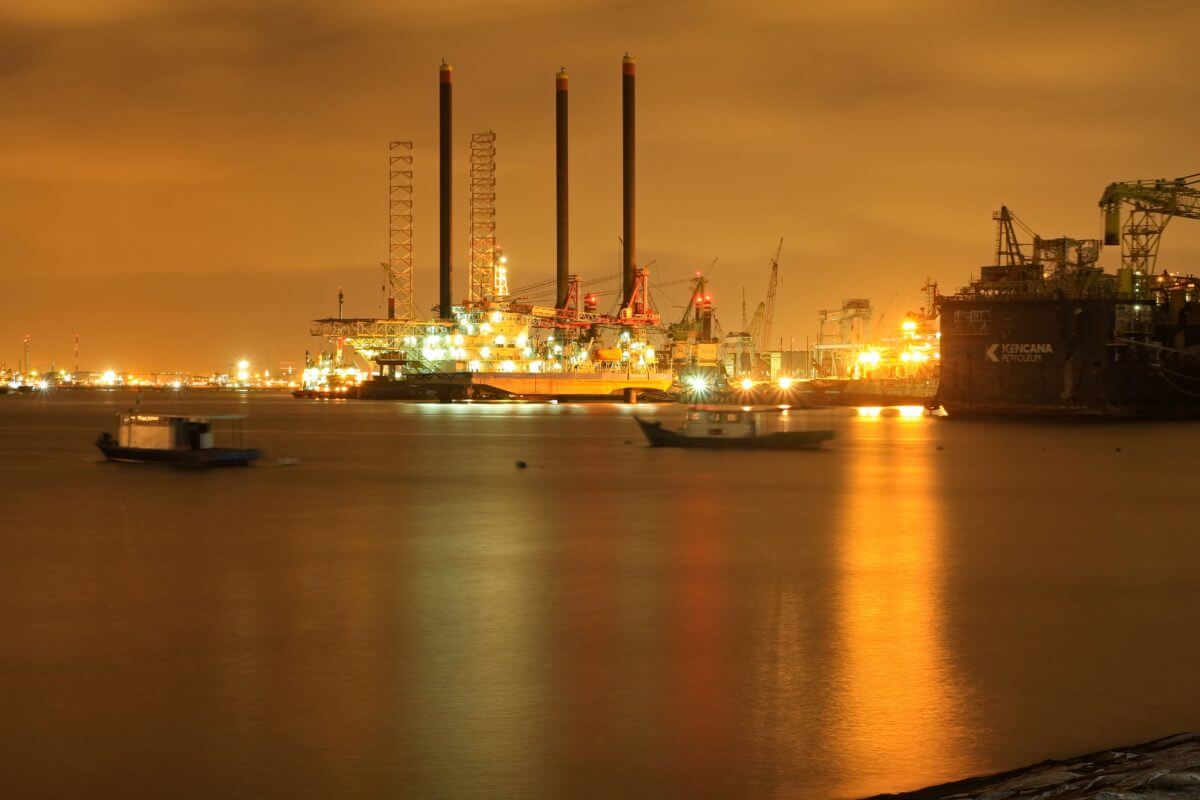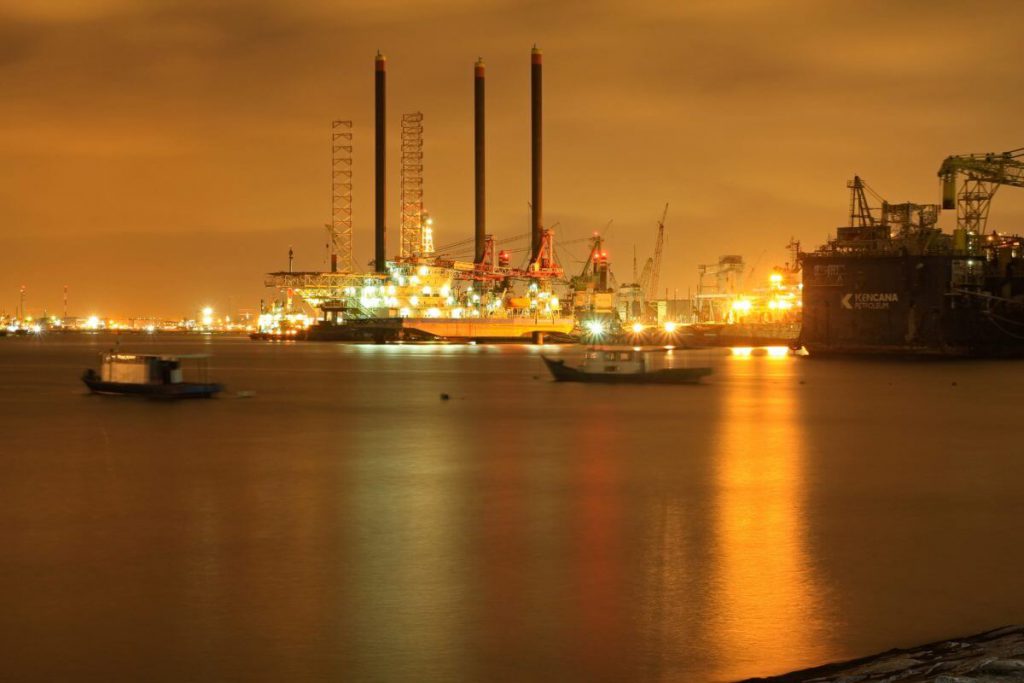
Oil Prices Are Falling
Oil prices rose after OPEC+ announced production cutbacks of around a million barrels per day last week, which fell earlier today as traders took profits.
The nominal scale of the OPEC+ production cut was at 2 million barrels per day. However, the actual cuts agreed upon ranged between 1 million and 1.1 million BPD.
The decision foreshadowed even tighter physical oil markets ahead. It sent oil prices up, albeit not as strongly as such a decision may have done a couple of years ago when there was little else to affect price movement.
However, fears of a deep recession in Europe, exacerbated partly by an energy shortage that began last year, prevent oil prices from climbing too much. Many predict demand destruction shortly, notwithstanding banks’ most recent price forecasts, which show Brent returning to the three-digit territory before the end of the year.
Despite the drop at the start of this week’s trading, oil is higher than a week ago, with Brent at more than $97 per barrel. Analysts appear unified in their belief that the OPEC+ cutbacks are positive for petroleum. However, there’s some caution that there is still a lot of uncertainty in international markets. Some of that would be lost when the EU ban on Russian crude takes effect and the G7 oil price ceiling on Russian crude. However, the certainty that will replace it is likely to be a certainty of increasing oil prices.
Saudi Aramco Will Sustain Oil Shipments to Asian Clients
Despite the newly negotiated OPEC+ production restrictions, Saudi Aramco will maintain oil supplies to Asian clients.
OPEC+ agreed to cut nominal production by 2 million barrels per day. The actual output will drop by 1 million to 1.1 million barrels per day.
Most of the cuts will be undertaken by Saudi Arabia, the United Arab Emirates, and Kuwait. Most of the extended alliance members are already falling short of their targets. Following the news, some speculated that Aramco would raise its export pricing, but for the time being, the company’s prices remain unchanged. For Asian buyers, the price of the flagship Arab Light in November remained unchanged from October loadings.
Aramco also reduced the price of Arab Light for European purchasers in November while raising it for US customers. From October to November, Arab Medium and Arab Heavy prices had a $0.25 per barrel boost.
Oil-buying countries are concerned about the price of crude. Hence, Aramco’s CEO has cautioned that the world’s production capacity is diminishing.
The UK Is Offering New Offshore Oil and Gas Licenses
Despite opposition from environmentalists, scientists, and even some senior politicians, the United Kingdom government has launched a fresh licensing cycle to explore North Sea oil and gas. The decision contradicts the country’s obligations to address the climate issue. It will provide approximately 900 areas for exploration, with up to 100 licenses.
The British government stated that extracting more fossil fuels would create jobs. This would increase the UK’s energy security and be less environmentally damaging than importing foreign fossil fuels. However, climate scientists say fossil fuel projects should stop rather than expand. The global body of climate science, and the International Energy Agency (IEA), no new fossil projects can be built to achieve agreed-upon climate targets. Furthermore, analysts claim that the change will not benefit the UK economically, and the environmental cost will be enormous.
The United Kingdom just legalized fracking, a contentious oil, and gas extraction technology, reversing a ban imposed in 2019 in response to several earthquakes. Fracking is the process of injecting high-pressure chemicals, sand, and water into fractures to expand them and facilitate the extraction of fossil fuels from shale formations. The administration downplayed any concerns associated with the action.




